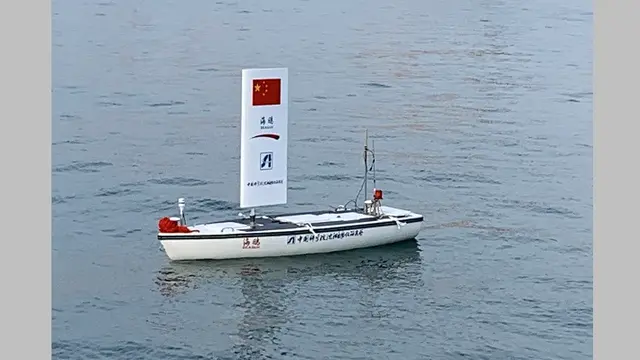Timor-Leste on Wednesday voiced its hope to see more strengthened dialogue among fragile states in "the g7+ group" in order to promote a new model of engagement between these countries and international partners.
The statement came as Raur Matan Ruak, president of Timor-Leste, took the floor at the General Debate of the UN General Assembly, which opened here Tuesday.
"We participate in the development of new forms of dialogue between fragile States, by establishing the g7+ group," the president said."This group -- which Timor-Leste currently has the honor of presiding -- comprises 18 countries committed to promoting a new model of engagement between fragile States and other international stakeholders."
"The New Deal for Engagement in Fragile States, promoted by the g7+ group, has been well received by the United Nations, development partners and international organizations," he said.
Of the 7 billion people in the world, 1.5 billion live in situations of conflict and fragility. The g7+ group is a voluntary association of countries that are or have been affected by conflict and are now in transition to the next stage of development.
The main objective of the g7+ is to share experiences and learn from one another, and to advocate for reforms to the way the international community engages in conflict-affected states.
"The initiative of the g7+ and the dynamic relationship of this group with development partners -- contributes to the establishment of more innovative and effective international cooperation relations," he said.
"The latest MDG (Millennium Development Goals) report states that most countries will not achieve all the Millennium Development Goals and this is especially true in the case of fragile and conflict affected states," he said.
The MDG stands for a set of eight anti-poverty targets to be reached by its deadline of 2015.
"The international community as a whole must draw lessons from this as we plan for the future," he said. "Many of the world's poorest have been left behind, including around 1.5 billion people across the globe who live in areas affected by fragility and conflict."
"This is why the g7+ countries came together with this vital message: Without peace there can be no development and without development there can be no peace," he said."And to add a further dimension to that, there can be neither without inclusive and responsive state institutions."
The g7+ group was formed to work in concert with international actors, the private sector, civil society, the media and the people across countries, borders and regions to reform and reinvent a new paradigm for international engagement.
The goal of the g7+ is to stop conflict, build nations and eradicate poverty through innovative development strategies, harmonized to the country context, aligned to the national agenda and led by the State and its people.
 简体中文
简体中文

